Movies have long romanticized the allure of gunslingers, bank robbers, and wise guys, tapping into our fascination with those who live outside the law. The crime genre has been a cinematic staple since the dawn of film, captivating audiences with tales of daring outlaws and the underworld they inhabit. For those eager to delve into a world where individuals craft their own rules and live by a unique code, we present a curated list of the top mafia movies of all time.
Organized crime, a hallmark of the 20th century, naturally became a rich vein for filmmakers to explore. As mob syndicates grew across the nation, so did the cinematic portrayals of their world. Iconic directors like Francis Ford Coppola and Martin Scorsese became synonymous with the genre, while other luminaries ventured into mafia storytelling, producing some remarkable works.
Our list includes a mix of films inspired by real-life mobsters and the law enforcement chasing them, as well as fictional masterpieces designed to entertain and enthrall. Dive into our selection of the 15 best mafia movies ever, presented in no particular order.
The 15 Best Mafia Movies
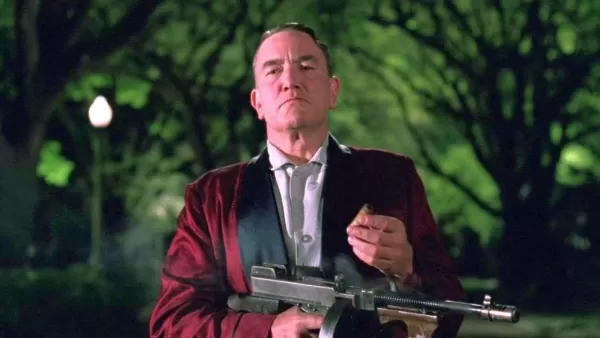
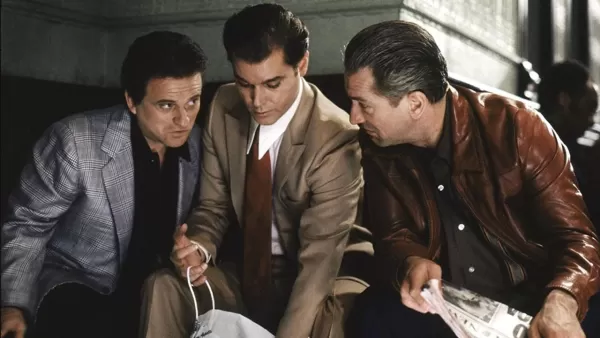 16 Images
16 Images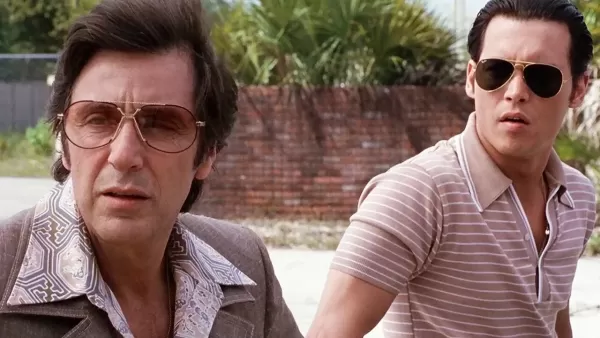
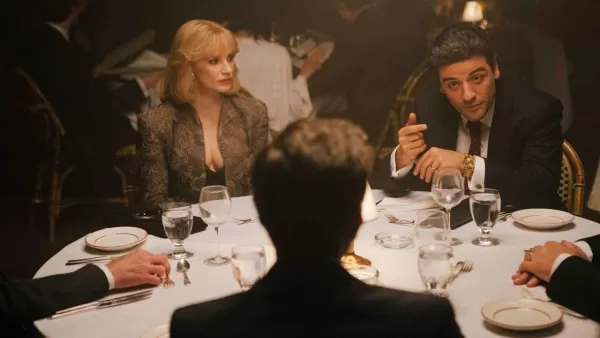
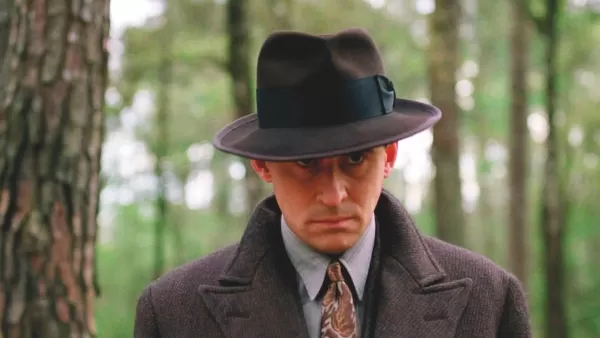
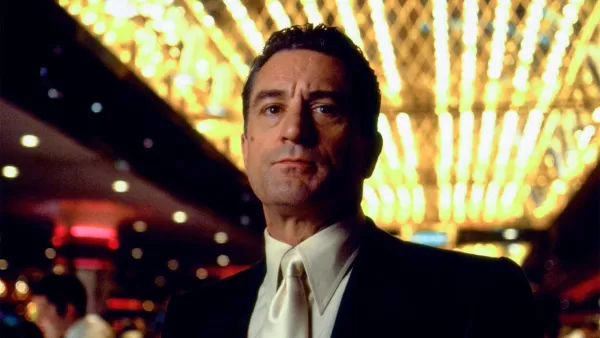 Looking for more great movies? Check out more lists like this:
Looking for more great movies? Check out more lists like this:
- Best Spy Movies
- Best Thriller Movies
- Best Netflix Movies
Goodfellas (1990)
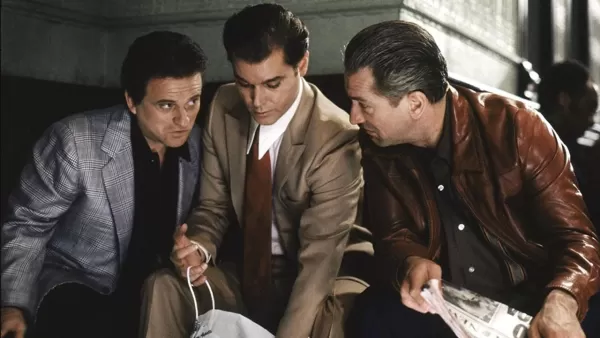
Kicking off our list is Martin Scorsese's masterpiece, Goodfellas, a film widely acclaimed as one of the best mob movies ever. This blood-soaked journey charts the rise and fall of Henry Hill (Ray Liotta), a mob associate, over several decades. Based on the biography "Wise Guy" by Nicholas Pileggi, Goodfellas showcases some of the finest work from its ensemble cast, with Robert De Niro, Ray Liotta, and Joe Pesci delivering unforgettable performances. Pesci's portrayal earned him the Best Supporting Actor Oscar, cementing the film's status as a landmark in mob cinema.
Donnie Brasco (1997)
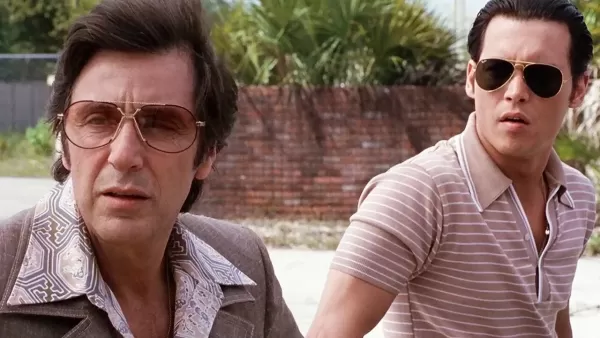
Next up is Donnie Brasco, directed by Mike Newell and based on the true story of FBI agent Joe Pistone, portrayed by Johnny Depp. Under the alias "Donnie Brasco," Pistone infiltrates the Bonanno crime family, with Al Pacino delivering a captivating performance as Lefty, a seasoned enforcer who unwittingly mentors Pistone. Adapted from Pistone's autobiography, this film offers a cool, compelling narrative that stands apart from typical mob films with its focus on undercover work and personal transformation.
A Most Violent Year (2014)
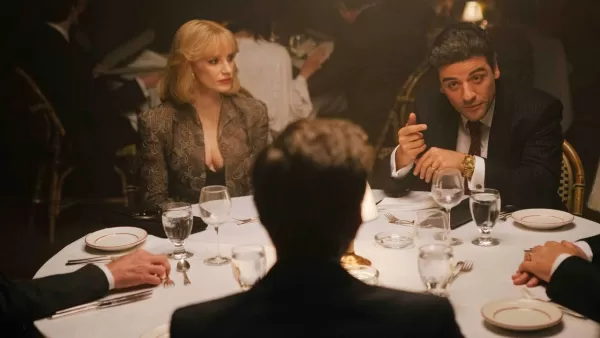
A Most Violent Year, directed by J. C. Chandor, offers a modern take on the mob genre. Starring Oscar Isaac and Jessica Chastain, the film follows Abel Morales, a trucking company owner navigating the corrupt landscape of 1981 New York City. As he strives to maintain his integrity amidst chaos, A Most Violent Year presents a thought-provoking thriller that captures the tumultuous spirit of its setting.
Miller's Crossing (1990)
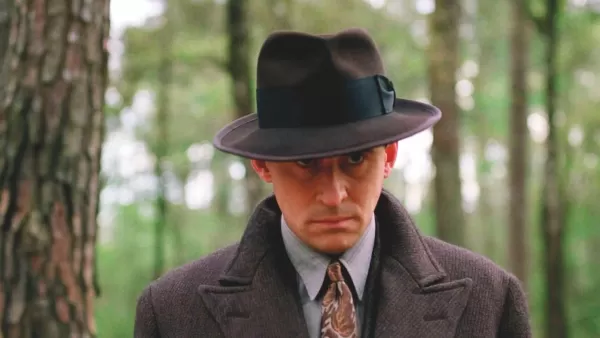
The Coen brothers' Miller's Crossing transports us to the Prohibition era, offering a stylized, film noir-inspired look at the Irish mob. The film follows Tom (Gabriel Byrne), a lieutenant caught between two warring factions. With its sharp dialogue and compelling performances, Miller's Crossing stands out for its unique take on organized crime, launching the careers of several key actors.
Casino (1995)
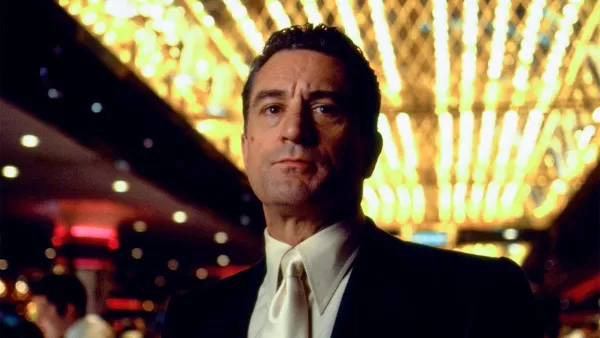
Martin Scorsese's Casino reunites Robert De Niro and Joe Pesci in a tale inspired by real-life events in Las Vegas. De Niro plays Ace, a casino owner based on Lefty Rosenthal, while Pesci portrays Nicky, an enforcer modeled after Tony Spilotro. The film charts their journey from partnership to rivalry, with Sharon Stone's Oscar-nominated performance as a former dancer driving a wedge between them. Casino stands tall on its own, despite comparisons to Goodfellas, showcasing the peak of its stars' performances.
City of God (2002)
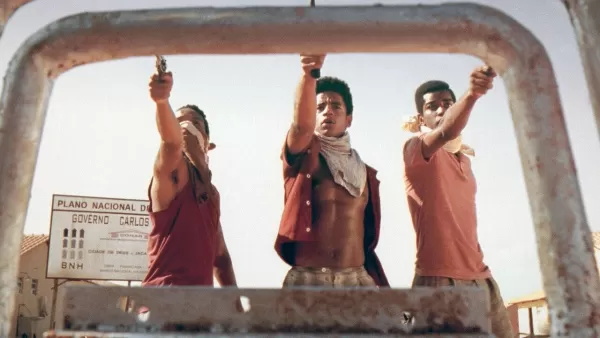
City of God, a Brazilian crime drama, offers a gripping portrayal of organized crime in Rio de Janeiro's Cidade de Deus from the 1960s to the 1980s. Directed by Fernando Meirelles and Kátia Lund, the film is based on real events and features non-professional actors from local low-income communities, lending an authentic edge to its depiction of violence and societal struggle. Its success led to a spin-off TV series, City of Men.
The Untouchables (1987)
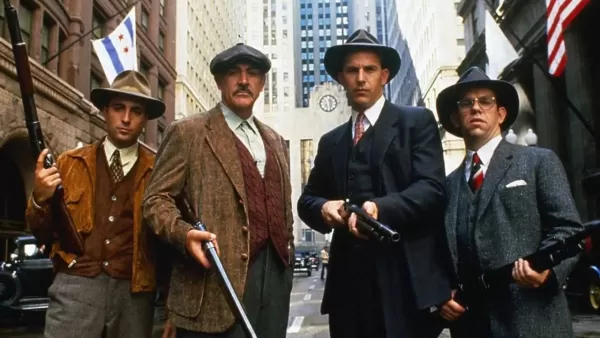
Brian De Palma's The Untouchables brings us to 1930s Chicago, where Eliot Ness (Kevin Costner) leads a crusade against Al Capone (Robert De Niro). This action-packed film, penned by David Mamet, follows Ness and his incorruptible team as they tackle Capone's criminal empire. Sean Connery's portrayal of a veteran police officer earned him the Best Supporting Actor Oscar, adding to the film's legacy.
The Departed (2006)
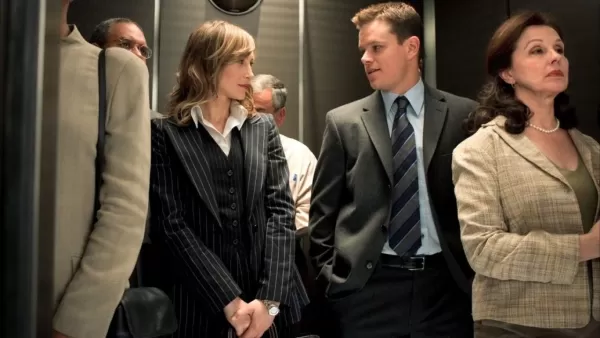
Martin Scorsese's The Departed, a remake of the Hong Kong thriller Infernal Affairs, delves into Boston's criminal underworld. Leonardo DiCaprio and Matt Damon play moles on opposite sides of the law, with Jack Nicholson as the cunning crime boss Whitey Bulger. This ensemble film, also starring Vera Farmiga and Mark Wahlberg, weaves a complex narrative of betrayal and loyalty, earning critical acclaim and an Oscar for Best Picture.
Eastern Promises (2007)
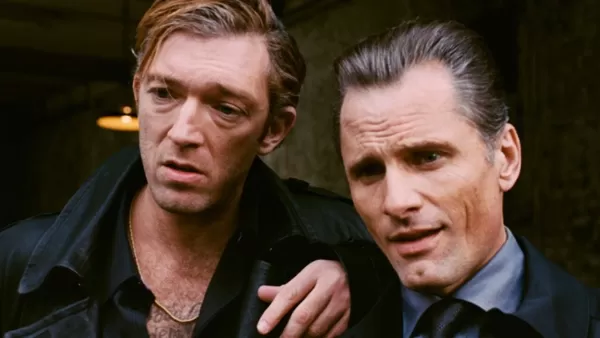
Viggo Mortensen stars in David Cronenberg's Eastern Promises, a gripping tale of a Russian mob enforcer in London. As he navigates the tensions between his boss and the boss's volatile son, he encounters a midwife (Naomi Watts) determined to protect a baby. The film is renowned for its intense action sequences, including a memorable bathhouse knife fight, and for its deep exploration of crime and morality.
The Godfather (1972)
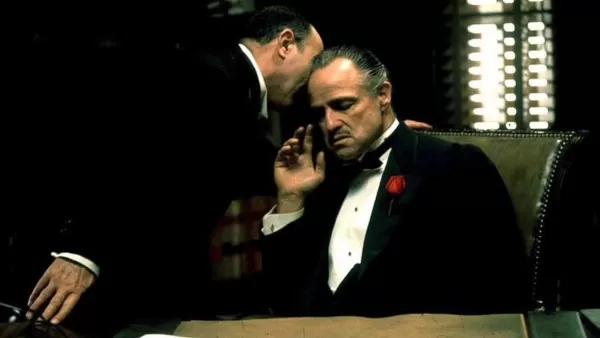
Francis Ford Coppola's The Godfather, often hailed as the quintessential mob movie, revolutionized the genre. Based on Mario Puzo's novel, the film follows the Corleone family, led by patriarch Vito Corleone (Marlon Brando), and the transformation of his son Michael (Al Pacino) from outsider to ruthless leader. With a star-studded cast including James Caan, Robert Duvall, and Diane Keaton, The Godfather broke box office records and remains a cinematic landmark.
The Godfather Part 2 (1974)
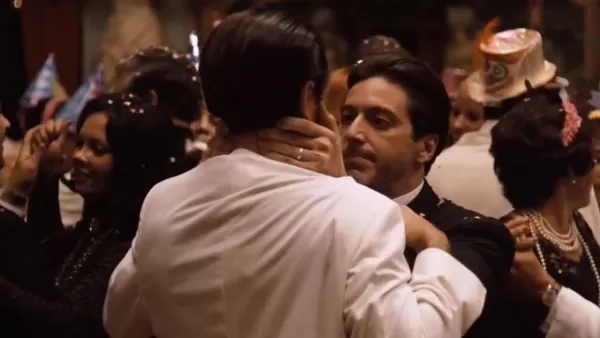
The Godfather Part 2 continues the saga, intertwining the story of Michael Corleone's (Al Pacino) reign with flashbacks to his father Vito's (Robert De Niro) rise to power. This dual narrative explores themes of power, family, and betrayal, cementing its status as a worthy successor to the original. With a compelling cast including Robert Duvall and Diane Keaton, this film is often considered a masterpiece in its own right.
Road to Perdition (2002)
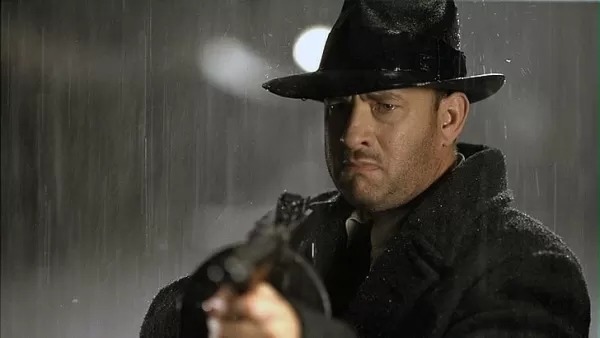
Sam Mendes' Road to Perdition offers a unique take on the mob genre, based on a graphic novel. Tom Hanks plays Michael Sullivan, an Irish mob enforcer who goes on the run with his son after their family is killed. This poignant tale of revenge and redemption features standout performances from Hanks, Paul Newman, and Jude Law, unfolding with the visual style of a comic book.
Scarface (1932)
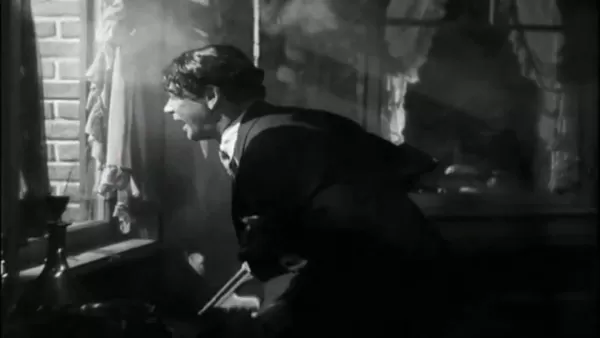
Howard Hawks' Scarface, inspired by Al Capone's rise, is a seminal film in the mob genre. Paul Muni stars as Tony Camonte, a gangster who ascends the Chicago mob ranks. Despite battling censors, Scarface delivers gripping violence and stylish visuals, making it a timeless classic. Interestingly, even Capone himself enjoyed the film.
The Irishman (2019)
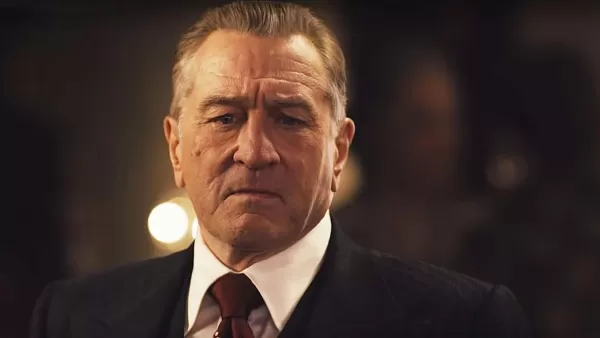
Martin Scorsese's The Irishman, a Netflix original, explores the life of Frank Sheeran (Robert De Niro), a truck driver turned hitman for the mob. With a stellar cast including Al Pacino and Joe Pesci, the film delves into themes of regret and the unglamorous reality of mafia life. Based on the book "I Heard You Paint Houses," The Irishman offers a sobering look at the cost of a life in crime.
American Gangster (2007)
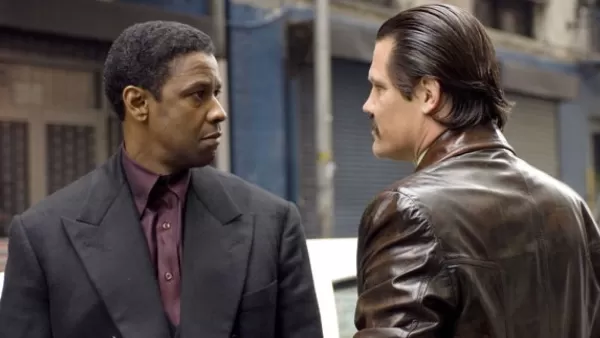
Ridley Scott's American Gangster tells the true story of Harlem drug lord Frank Lucas (Denzel Washington) and his battle with Newark Detective Richie Roberts (Russell Crowe). The film offers a compelling look at the criminal underworld, driven by the dynamic performances of its leads. With a strong supporting cast including Josh Brolin and Chiwetel Ejiofor, American Gangster is a riveting exploration of power and corruption.
AnswerSee ResultsThese are our selections for the best mafia movies ever, presented in no particular order. Did your favorite make the list? If not, rather than leaving a horse head in our bed, share your top picks in the comments.






